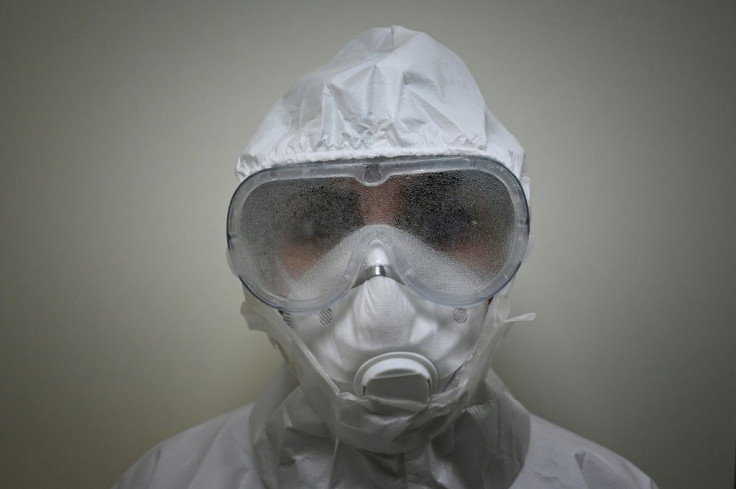Trump Pandemic Adviser Scott Atlas Pushing Herd Immunity To Fight Coronavirus, Post Says
A top medical adviser to President Trump is pushing a controversial strategy – herd immunity – to fight against the coronavirus pandemic, The Washington Post reported.
Herd immunity would allow the coronavirus to spread across the U.S. so that Americans could build immunity to the virus quickly while taking measures to protect people in nursing homes and other high-risk populations.
Many medical experts, however, say that herd immunity would risk the lives of millions of people.
The Post reported that Scott Atlas, pandemic adviser to the president, and neuroradiologist from Stanford’s Hoover Institution, supports the idea of herd immunity, which would lift restrictions across the U.S. to boost the economy and allow the virus to spread at a rapid rate to build up immunity.
That approach has been used in Sweden to manage the spread of the virus. Those who support the use of herd immunity say that it would bolster the economy, which Sweden has been unable to achieve through the strategy.
Sweden has over 84,000 positive coronavirus cases and over 5,800 COVID-19 deaths, according to Johns Hopkins University. The U.S. reached over 6 million positive cases of the coronavirus on Monday, with over 183,000 COVID-19 deaths, according to data from The New York Times.
After the article was published, Atlas released a statement to the Post: “There is no policy of the president or this administration of achieving herd immunity. There never has been any such policy recommended to the president or to anyone else from me.”
Alyssa Farah, White House communications director, also told the Post in a statement: “President Trump is fully focused on defeating the virus through therapeutics and ultimately a vaccine. There is no discussion about changing our strategy. We have initiated an unprecedented effort under Operation Warp Speed to safely bring a vaccine to market in record time — ending this virus through medicine is our top focus.”
But the Post points to comments made by Trump during his address Thursday at the Republican National Convention.
“We are aggressively sheltering those at highest risk, especially the elderly, while allowing lower-risk Americans to safely return to work and to school, and we want to see so many of those great states be open," the president said. "We want them to be open. They have to be open. They have to get back to work.”
Atlas has clashed with Dr. Anthony Fauci, the nation’s top infectious disease expert, and Dr. Deborah Birx, the White House coronavirus response coordinator, who have disputed his claims about herd immunity, which could cost millions of lives, the Post reported.
"We know that more relaxation is going to get [us] more cases," Atlas told Fox News in July. "By the way, you don't eradicate a virus by locking down. That is just a complete misconception. We know with socializing we are going to get more cases. We need to protect the vulnerable and double down on that. We need to make sure hospitals are not overextended.
"When you look at the data, which I do 100 times a day, in Texas, Florida, Arizona I'm cautiously optimistic because the trends are stable or even coming down. Yes, there are certain hospitals that are extended in capacity," he continued. "That is going to be one of the rules of the federal government to make sure they can handle the capacity. But there is absolutely no reason to panic here. We know what is going on here. This is not March or April. This is not some sort of black box of what is going on.
"And I just want to go on to one thing which is that, there is a lot of great data coming out about immunity. And it's probably not known to the public, but there is a lot of data that shows people have immunity, even people that didn't get the infection," he added.

© Copyright IBTimes 2024. All rights reserved.





















